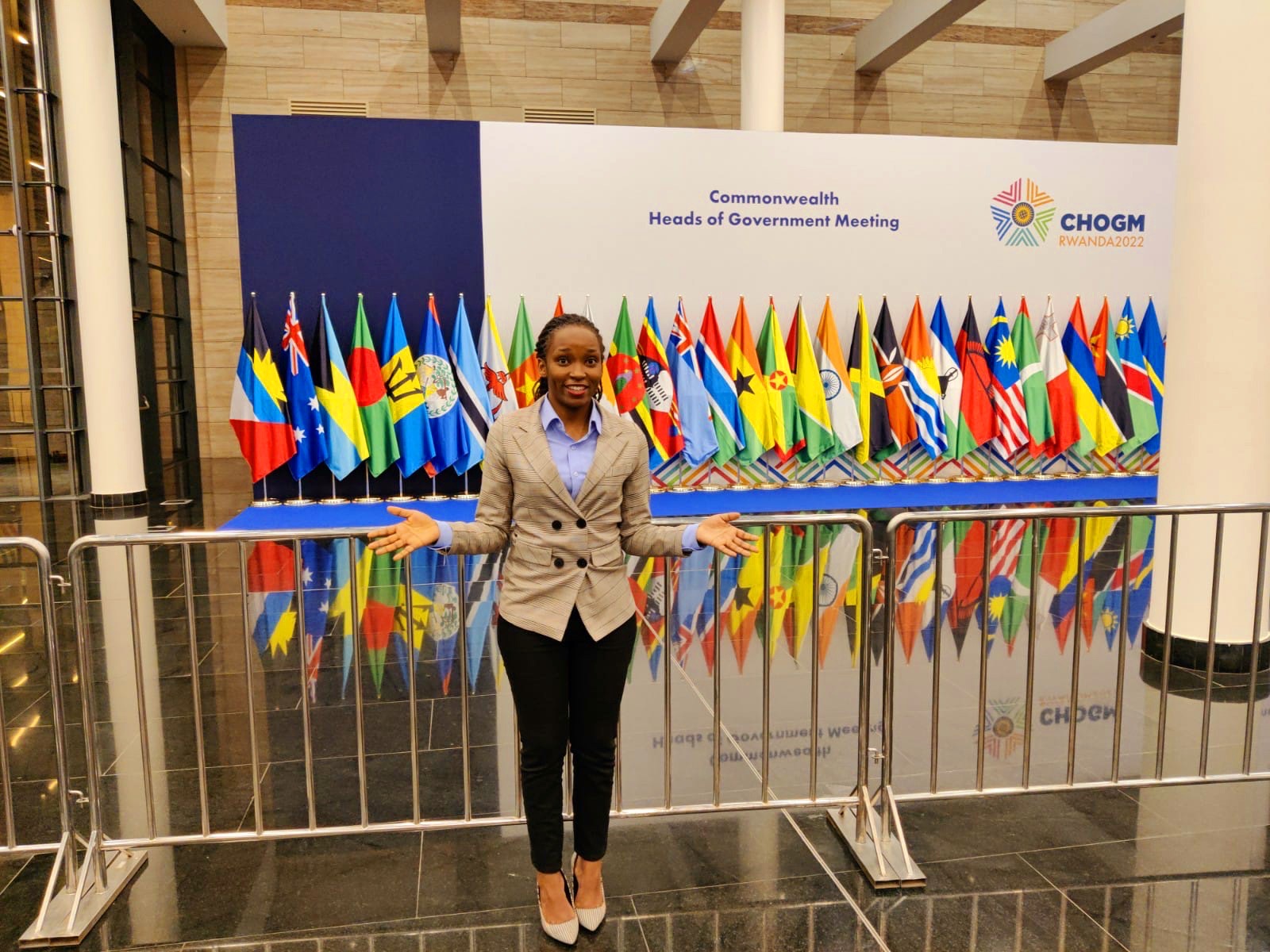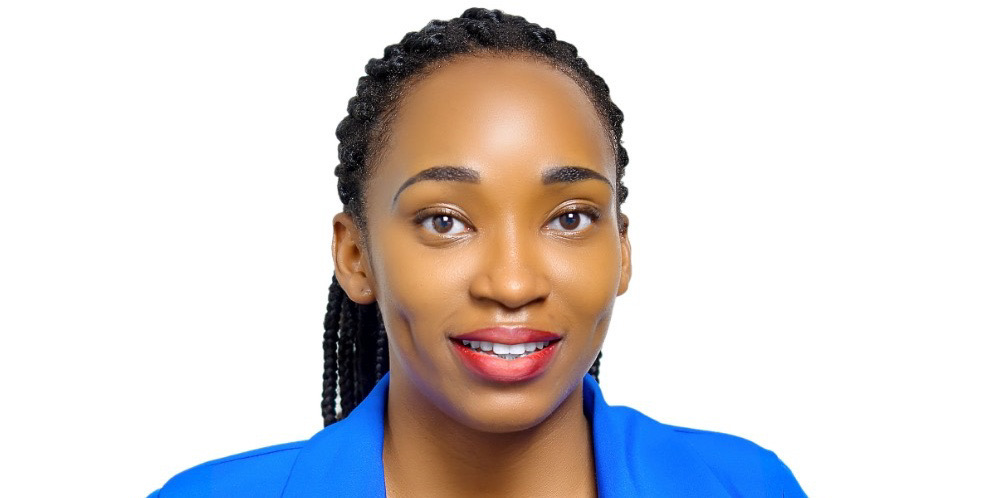Dr Nabuuma Shamim recently made history following her appointment as the Commonwealth Youth Council Regional Representative for Africa, making her the first Ugandan female youth to achieve this fit. In her capacity as Regional Representative, she is mandated to represent the voices of the youths on the continent at the largest global youth body composed of over a 1.2billion young people.
While she is fortunate to have been extended this vote of confidence, Nabuuma says she is looking forward to utilizing the platform to amplify youth voices and promote youth-focused initiatives.
“I am a young entrepreneur and I am also a young person so I know the challenges these young people are facing.”
Nabuuma started her entrepreneurship journey while at the university, today; she is one of the most successful tech entrepreneurs, redefining the future of entrepreneurship in Africa. She is the co-founder of Chil Food Center, a tech-enabled company that links food consumers to buyers in Africa, the Middle East and Europe. In recognition of her endeavours, Nabuuma is a Forbes 30 Under 30 and was in 2021 listed by Bloomberg among the top 30 people in the world using technology to impact different communities.
She spoke to GLIM about her work with the Commonwealth and leadership, among other things.
GLIM: Congratulations Shamim on your recent appointment. How are you balancing your new role with running a global startup Chil Group?
N.S: When you get opportunities in life you don’t have to leave them because you have so many things going on at a time, you just have to know how to value your time and prioritize. So I wake up early and know what I am going to be doing throughout the day. My meetings are planned way ahead of time and for my Commonwealth work, I allocate a few hours to it during the day.
GLIM: Your tenure will run till 2024. What do you hope to accomplish?
N.S: I am looking at mentoring young people from different African countries on how best they can start sustainable businesses, not in the sense that I am only going to speak to them. No. I am looking at partnering with different organizations like the UN, the different governments, and NGOs, on how best they can engage young people in their different activities so we can come up with programs, initiatives, and mentorship programs to for example help them scale their businesses.
GLIM: As a fellow African youth, why is this work important to you?
N.S: I realized that most of these young people are failing because of different challenges including the lack of exposure that I have been blessed with, so having this platform as their representative, I’m looking at bringing these opportunities closer to them. I was recently able to approach UNDP, and we are looking at how best we can be able to fight unemployment among young people.

GLIM: Why do you think it is important for Africa’s youths to take up leadership roles to solve challenges facing the continent?
N.S: Young people have similar interests as other young people, and they know the challenges other young people are facing and best know how to help other young people. Also, young people usually have big visions because they are young, they know what they want to achieve in for example 40 years.
GLIM: What is the greatest challenge you face as a leader and how do you overcome it?
N.S: We have different ideologies and don’t think the same way but that’s what differentiates us. I overcome it by being understanding, knowing that everyone has their thinking and we have to respect that and you can not force someone to do something they don’t want to.
GLIM: Looking back, what are the top 3 things you would tell your younger self?
N.S: I would tell her to try and fail because she will do something better the next time. Two, you should not give up because when you do, no one is going to take up that task for you. And lastly, you should work hard and do something tech-related that is sustainable. A business that makes money will multiply because you can’t rely solely on grants. For example, during the Covid19 pandemic, organizations shut down; the grants were not there, and now we have the Ukrainian war.
GLIM: Do you take time off for yourself considering your busy schedule?
N.S: Working does not mean you will not have time for your family, husband, or the things you love (laughs). I usually finish work by 5:00 pm and dedicate the rest of the time to family.
GLIM: Do you have a wellness routine? What does it look like?
N.S: I take a lot of water and I noticed it has helped my skin get clearer and glow. I also work out. I have a treadmill and other workout equipment at home so I ensure I work out daily. I run at least 2 km a day.
GLIM: Why is it important for you to prioritize your wellness?
N.S: You know everything in life thrives with good health, if you are not healthy, you’re not going to be productive, make money, or tell people you can make it because you’re worried about the next day. So you have to take care of yourself. Eat a balanced diet and exercise. We eat a lot of things but when you work out you burn it out and that helps reduce your chances of getting for example heart disease.
GLIM: What advice do you have for other young African leaders looking up to you?
N.S: What I can tell them is that they are young only once and that means what they can do now, they will not be able to do when they are older because their energy would have reduced so they have to work with determination, love, hard work and not give up.

